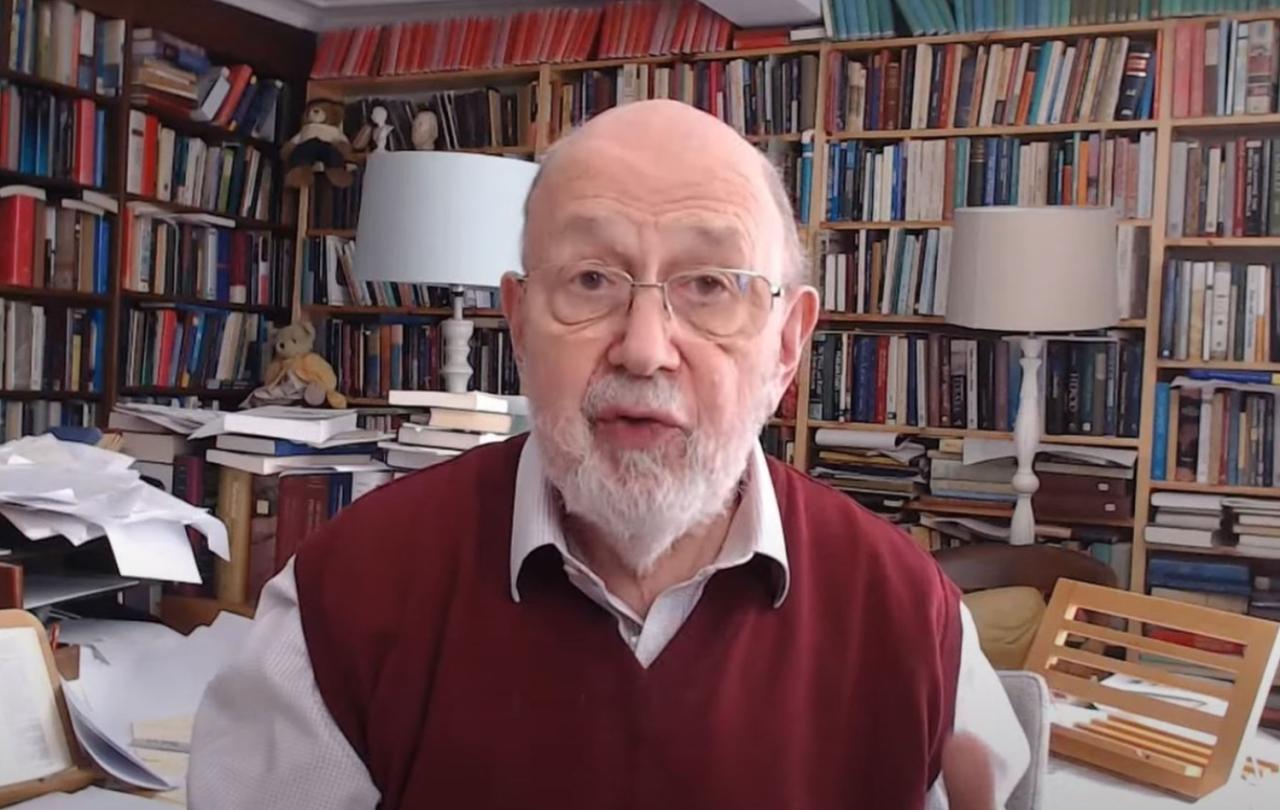The first book of the Bible, Genesis, begins with a God who creates the heavens and the earth. This is not some distant, aloof god who is separated from his creation. God is depicted as a gardener who is not afraid to get his hands dirty in the soil. God forms the first human from the dust of the earth and then breathes into him the breath of life. We usually call this person ‘Adam’, as if it’s a personal name, but it’s not. ‘Adam’ is a wordplay on the Hebrew word for soil adamah. You can see and hear the similarity between the two. The reason for the wordplay is to emphasize humanity’s connection to the soil. We, as human beings, are inextricably bound to the life of the land. Our nourishment, our sustenance and our very existence is reliant on the earth beneath our feet.
Beyond our physical connection to the land, the story of Genesis (and the rest of the Bible) also assumes our spiritual connection to the land. When the first garden dwellers disobey God’s command and eat the forbidden fruit, the land becomes cursed. We witness a breakdown in what was originally meant to be a harmonious relationship between Adam and adamah. Adam will now experience toil when he works the land and it will produce thorns and thistles. Here, in the garden, the moral world is bound up with a material world. Human disobedience to God’s command results in a broken relationship with God, with one another and with the land. So what does this have to do with wine? We’ll discover, as the story continues, that wine is a gift that comes from the renewed earth through the character of Noah to provide relief for humanity.
Most people are familiar with the story of Noah’s Ark, whether from children’s books about the ark or memories of stuffed animals packed in a boat with Noah and his wife, Mrs. Noah (we’re never told her name which seems slightly unfair considering all the work she presumably had to do taking care of the animals). What we don’t often recall, however, is the prediction made by his father, Lamech, when Noah was born. Lamech says, ‘Out of the ground that the Lord has cursed this one shall bring us relief from our work and from the toil of our hands’. If the curse upon the earth and toil came through Adam, then relief from that toil would come through Noah. The key phrase here is ‘out of the ground’ because something will spring up from the soil in the renewed creation after the flood that will bring relief which is the advent of the vine.
Back to the story of the Ark. After the flood retreats, Noah leaves the ship and worships God. In very short order we’re told:
‘Noah, a man of the soil, was the first to plant a vineyard. He drank some of the wine and became drunk, and he lay uncovered in his tent’.
Now if you’ve ever planted grapevines (Vitis vinifera), you’ll know that it takes at least three years to get your first harvest of grapes. The biblical story, however, jumps quickly ahead to Noah finally having produced his first vintage.
He waited for the grapes to ferment after being crushed. He stored them in a cool place and when the time was right, he was able to drink his first cup of wine. It seems, however, that he probably had more than one cup since he was soon lying passed out in his tent. There’s no specific judgement of Noah here. After all that he had been through we might imagine a cup of wine was just what he needed. Drunkenness, however, is later explicitly condemned by the biblical authors. One rabbinic commentator, however, in defence of Noah, argued that because he hadn’t drunk wine previously, he only had a sip which made him pass out.
Despite Noah’s first encounters with wine, a more significant story is being told. The flood acts as a type of cleansing and renewal of creation in Genesis as part of God’s judgment so that humanity could once again live in relationship with God and the land. After the flood, the earth is in need of renewal and only Noah can achieve this. We are told that Noah found favour in the eyes of God, that he was righteous and blameless and that he walked with God. Unlike almost any other character in the Bible, Noah is distinctly set apart because of his moral purity. And it’s through his purity that humanity’s relationship to the land is restored and the gift of the vine springs forth to bring relief from our toil.


